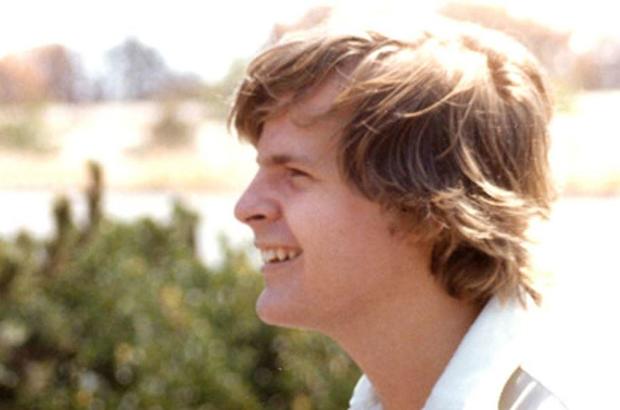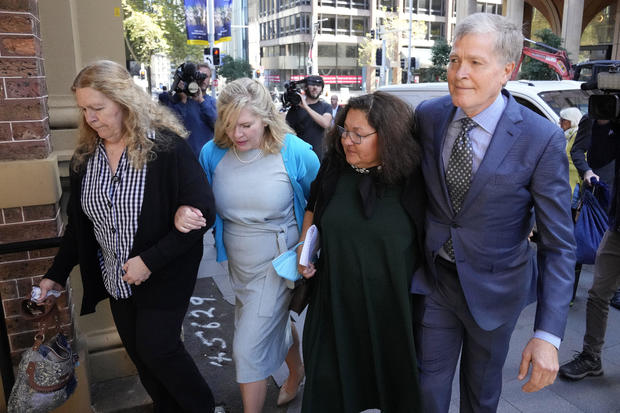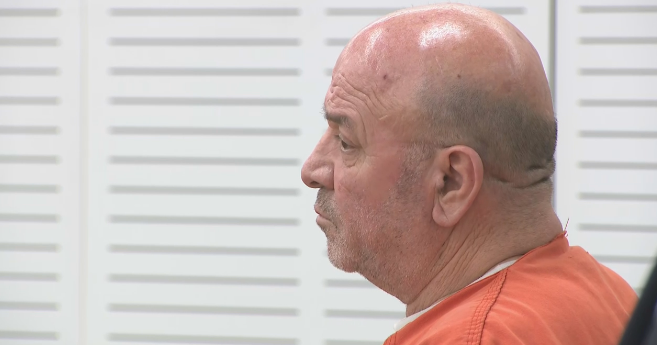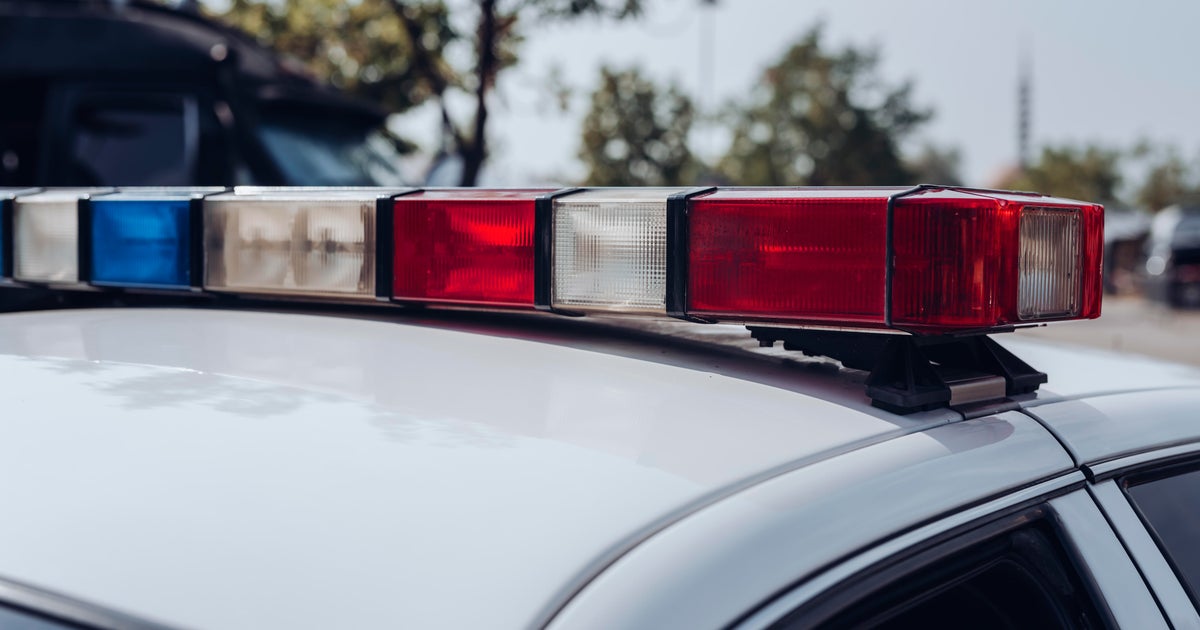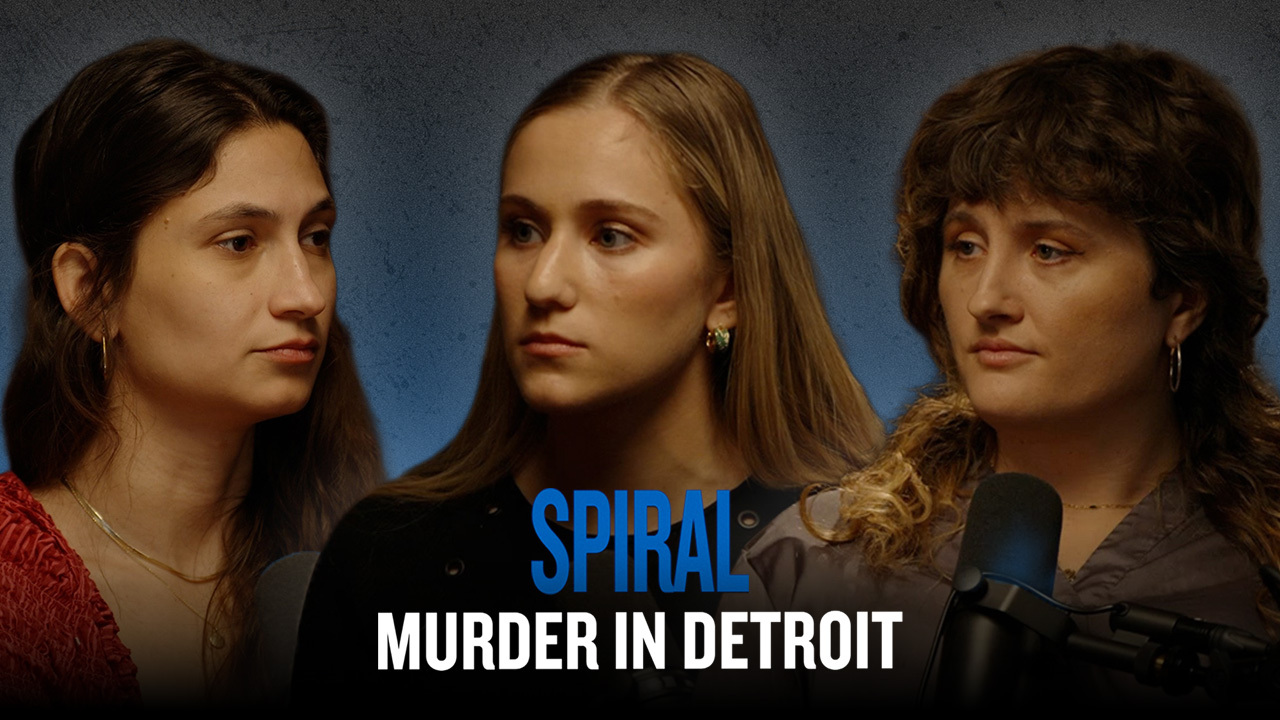Australian sentenced to 12 years in prison for 1988 cliff-top murder of gay American Scott Johnson
Sydney — An Australian court sentenced a man to 12 years behind bars Tuesday over the murder of a gay American in Sydney three decades ago, in a case that highlighted a series of homophobic attacks from that era. Scott Phillip White, 51, had pleaded guilty to murdering U.S. mathematician Scott Johnson, whose body was found at the base of a cliff in the city's north in December 1988.
Johnson's death was initially ruled a suicide, but a 2017 inquest found it was likely the 27-year-old had been pushed over the cliff or fell while trying to escape assailants.
Speaking after the ruling, Johnson's brother Steve, who had long campaigned for justice and travelled to Australia for the trial, welcomed the sentence.
"I think what we got this week was fairness," he told media outside the Sydney court.
White previously admitted to punching Johnson, with the court finding that he had caused the victim to fall to his death from the secluded clifftop in Manly.
"The offender did a violent act, and that act was the direct cause of Dr Johnson leaving the clifftop in terror and dying on the rocks at its base," Justice Helen Wilson said in her sentencing.
Wilson said the killer's assault and indifference to Johnson's fate might have been "driven by the offender's own self-loathing" as a gay man, but the court did not hear any evidence to prove it was a hate crime.
"It is tragic that Mr Johnson and all of Dr Johnson's loved ones have had to endure this bitter pain. The sentence to be imposed upon the offender is unlikely to end that grief; perhaps it may bring some peace," Wilson said.
When police charged White in 2020, it reignited hopes that several other cold-case killings believed to be gay-hate crimes could also be solved. At the time of Johnson's death, gangs roamed Sydney searching for gay men to attack and were known to rob or assault men at "gay beats", or meet-up points.
Police later reclassified 27 deaths between the 1970s and 2000 as homophobic hate crimes.
The force admitted in 2018 that it had played a part in marginalizing the LGBT community and enabling society's "acceptance of shocking violence directed at gay men" during the period.
